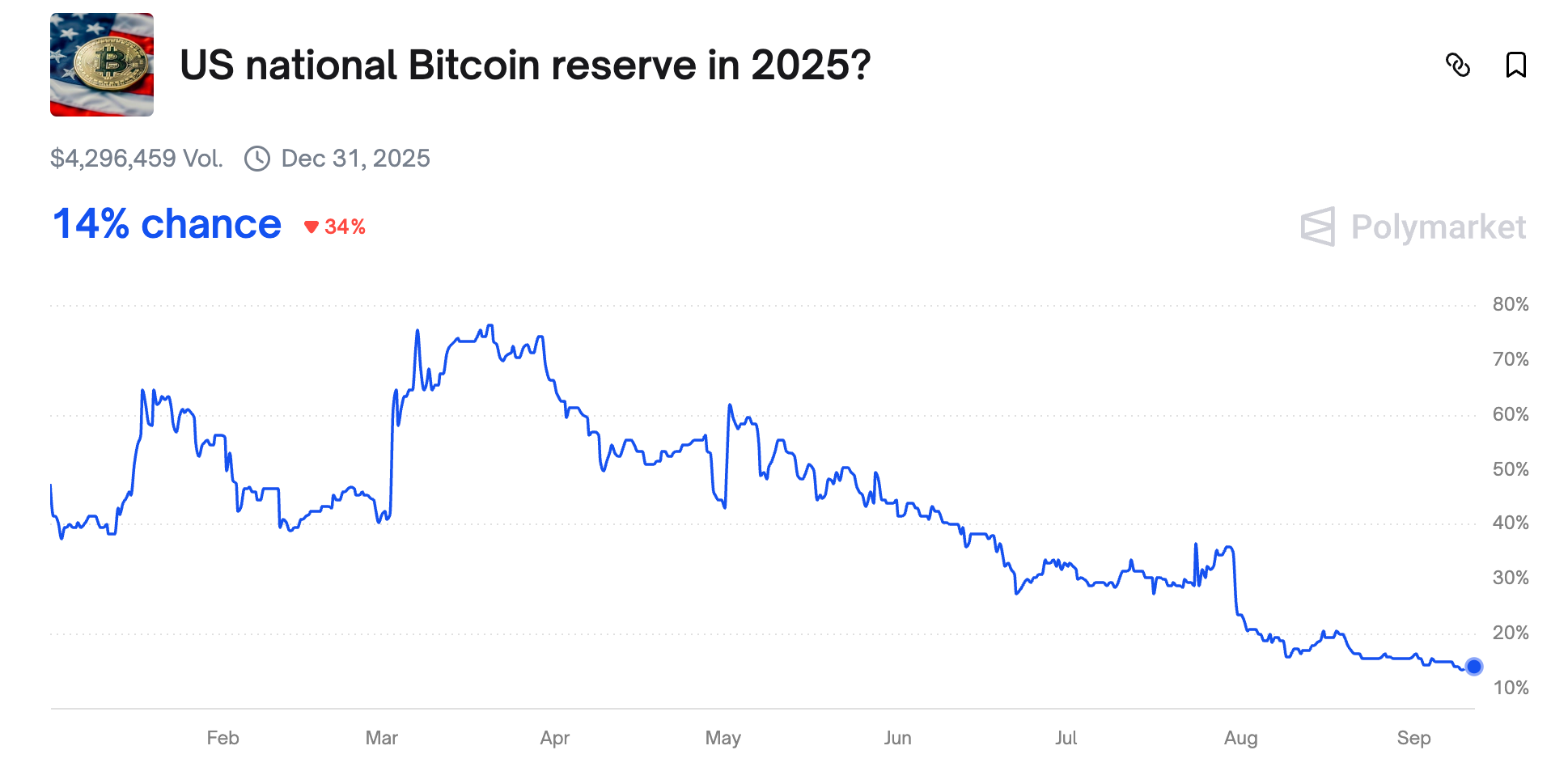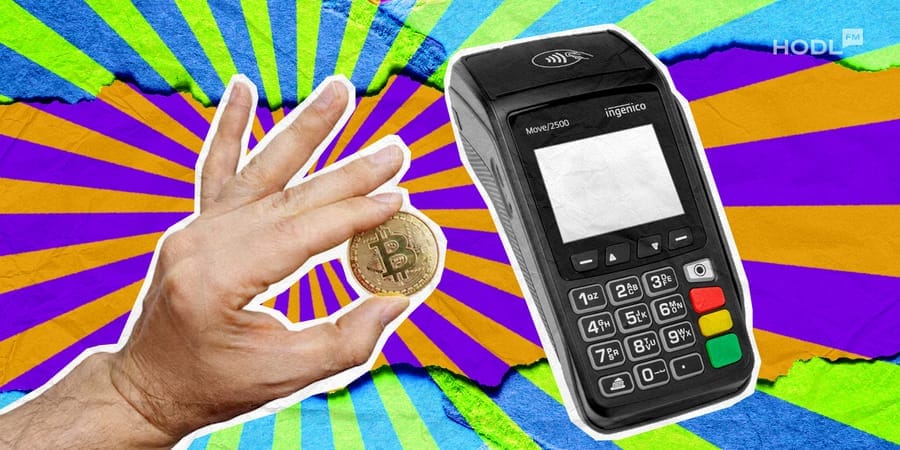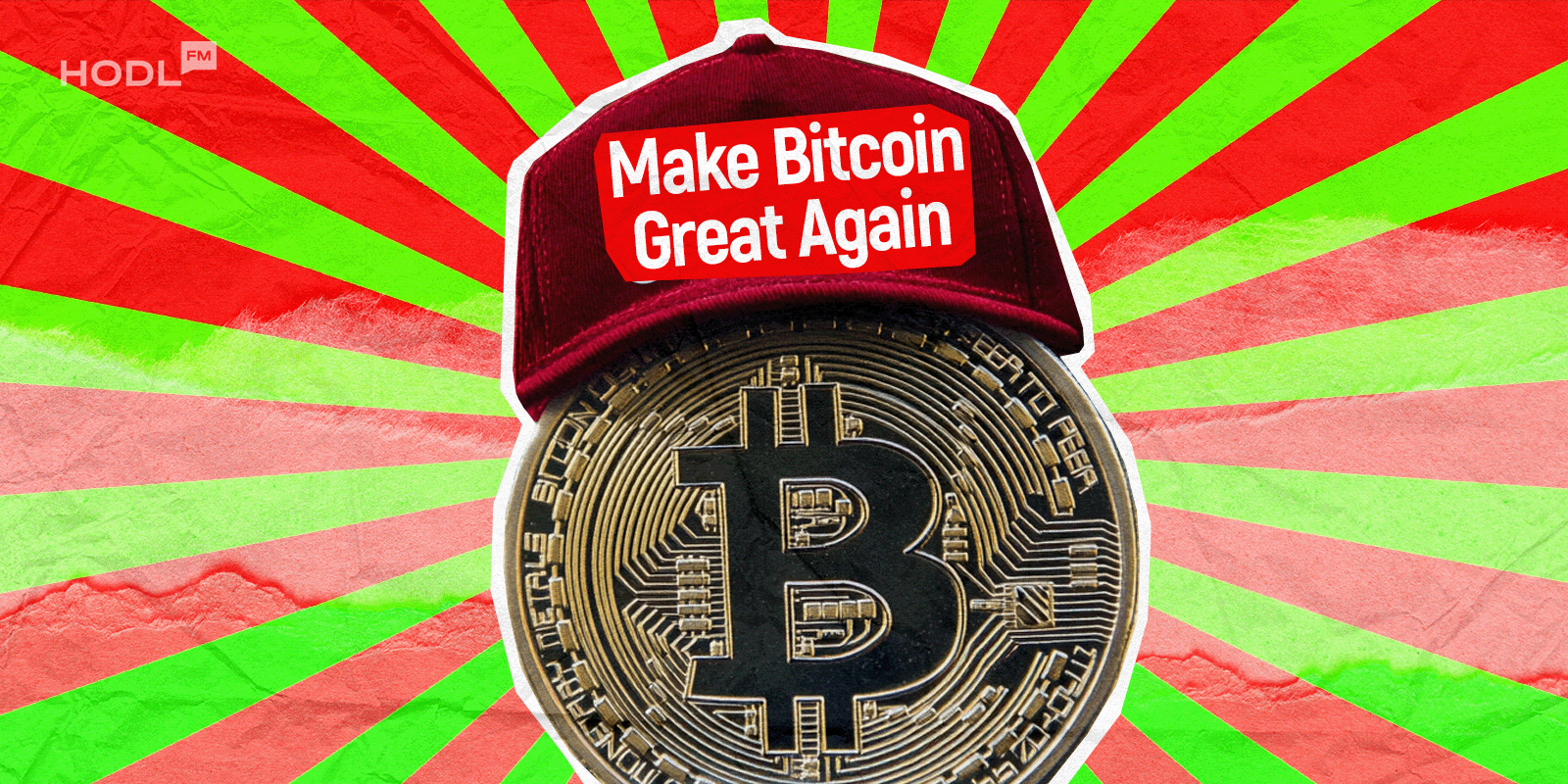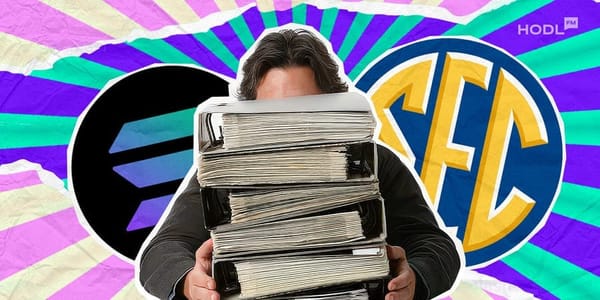Could tariff funds fuel America’s Bitcoin ambitions? Entrepreneur Fred Krueger suggests that trade revenue could reshape BTC markets if Washington takes the plunge
A bold prediction
Fred Krueger, a former Wall Street quant and tech entrepreneur, has floated a striking possibility: the US government might one day use tariff revenue to buy Bitcoin.
On his X, he stated that the US will start to buy Bitcoin with Tariff money.
At some point, the US will start to buy Bitcoin with Tariff money. This will break the power law.
— Fred Krueger (@dotkrueger) September 11, 2025
50 Billion per month = 400K BTC month one.
Such remarks came after US Commerce Secretary Howard Lutnick on August 7th suggested that tariffs could generate as much as $50 billion per month in new federal revenue.
At today’s market prices, Krueger calculated, that level of cash flow would equal roughly 400,000 BTC purchases in a single month. Around 19,000 new coins are mined daily. Such an imbalance, he argued, would overwhelm normal supply-demand dynamics.
Breaking the market’s “Power Law”
Krueger believes that if Washington deployed even a fraction of tariff revenue into Bitcoin, it could “break the power law,” the statistical distribution model often used to predict BTC’s long-term adoption curve.
Analysts caution that consistent government accumulation of Bitcoin could disrupt existing market dynamics, changing Bitcoin’s trajectory in ways no private actor could manage.
Government signals have been mixed
The US has already taken tentative steps toward a strategic Bitcoin reserve, pulling together holdings from forfeited and seized coins. Yet Treasury Secretary Scott Bessent has issued conflicting signals.
At first, he suggested further purchases were possible. Later, he ruled them out, only to reverse course again on X (formerly Twitter), leaving the door open to “budget-neutral” pathways for accumulating Bitcoin.
Prediction markets highlight the uncertainty
According to Polymarket, the odds of an official Bitcoin reserve being approved this year have dropped to 14%, down from a March peak of 75%.

The idea of Bitcoin as a strategic reserve is no longer pure speculation, several governments are already exploring or implementing policies that mirror Krueger’s more ambitious vision. Nations such as El Salvador have experimented with bitcoin reserve holdings, while proposals in the U.S. and other jurisdictions aim to allocate portions of national reserves or state budgets into BTC.
These efforts are largely motivated by similar pressures: inflationary concerns, currency depreciation, and the desire for diversification beyond traditional assets like gold or foreign exchange reserves.
But they also face shared obstacles, market volatility, questions around liquidity management, and the legal/regulatory frameworks needed to support large-scale sovereign BTC holdings.
A question of political will
Even if the math is compelling, political appetite remains a hurdle.
Using billions in tariff revenue to buy Bitcoin would invite intense domestic debate and international scrutiny, particularly given Bitcoin’s volatility and the geopolitical implications of holding a non-sovereign reserve asset.
Still, the potential consequences are seismic.
If executed, US government buying could spark liquidity shocks, drive supply shortages, and shift Bitcoin’s status from a speculative alternative asset to a quasi-strategic reserve currency.

Disclaimer: All materials on this site are for informational purposes only. None of the material should be interpreted as investment advice. Please note that despite the nature of much of the material created and hosted on this website, HODL FM is not a financial reference resource, and the opinions of authors and other contributors are their own and should not be taken as financial advice. If you require advice. HODL FM strongly recommends contacting a qualified industry professional.




